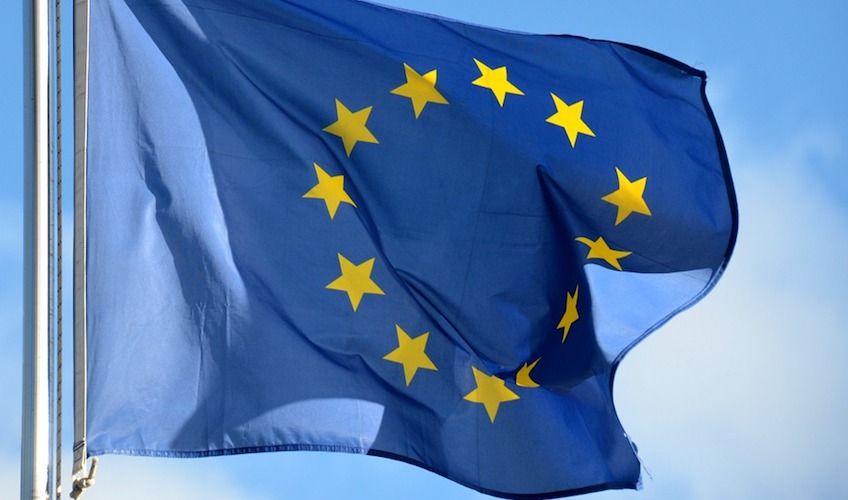

It’s claimed the deal the Channel Islands struck with the European Economic Community – now called the EU – back in 1972, could form the basis of a deal for the UK post Brexit.
Under the deal, the Channel Islands were inside the EEC for some things – most notably trade – but outside for other things such as being able to automatically work within the Community.
At the time it was agreed, the politician responsible for the deal, Senator Ralph Vibert, described it "as having the best of both worlds."
According to The Times this week, European leaders are considering a similar ‘Jersey model’.
Under the terms Britain would remain in the single market for goods while opting out of free movement of people. Member States have said they could abandon one of the bloc’s ideological underpinnings in return for UK Prime Minister Theresa May agreeing to replicate all new EU environmental, social and customs rules in addition to those set out in the Chequers white paper.
The EU’s chief Brexit negotiator has repeatedly stated since Chequers that Mrs May’s proposals would “undermine our single market”, and Britain cannot cherry pick which parts it wants to be in.
However, British officials are now pointing to the Channel Islands to show that it is possible – as they have third-country status for all matters except goods.
The Times reported “sources at the highest level” of Brexit negotiations between EU governments said European leaders would listen if the Prime Minister adopted the 'Jersey model' wholesale. This would require Mrs May to modify her “facilitated arrangement” proposals.
Comments
Comments on this story express the views of the commentator only, not Bailiwick Publishing. We are unable to guarantee the accuracy of any of those comments.